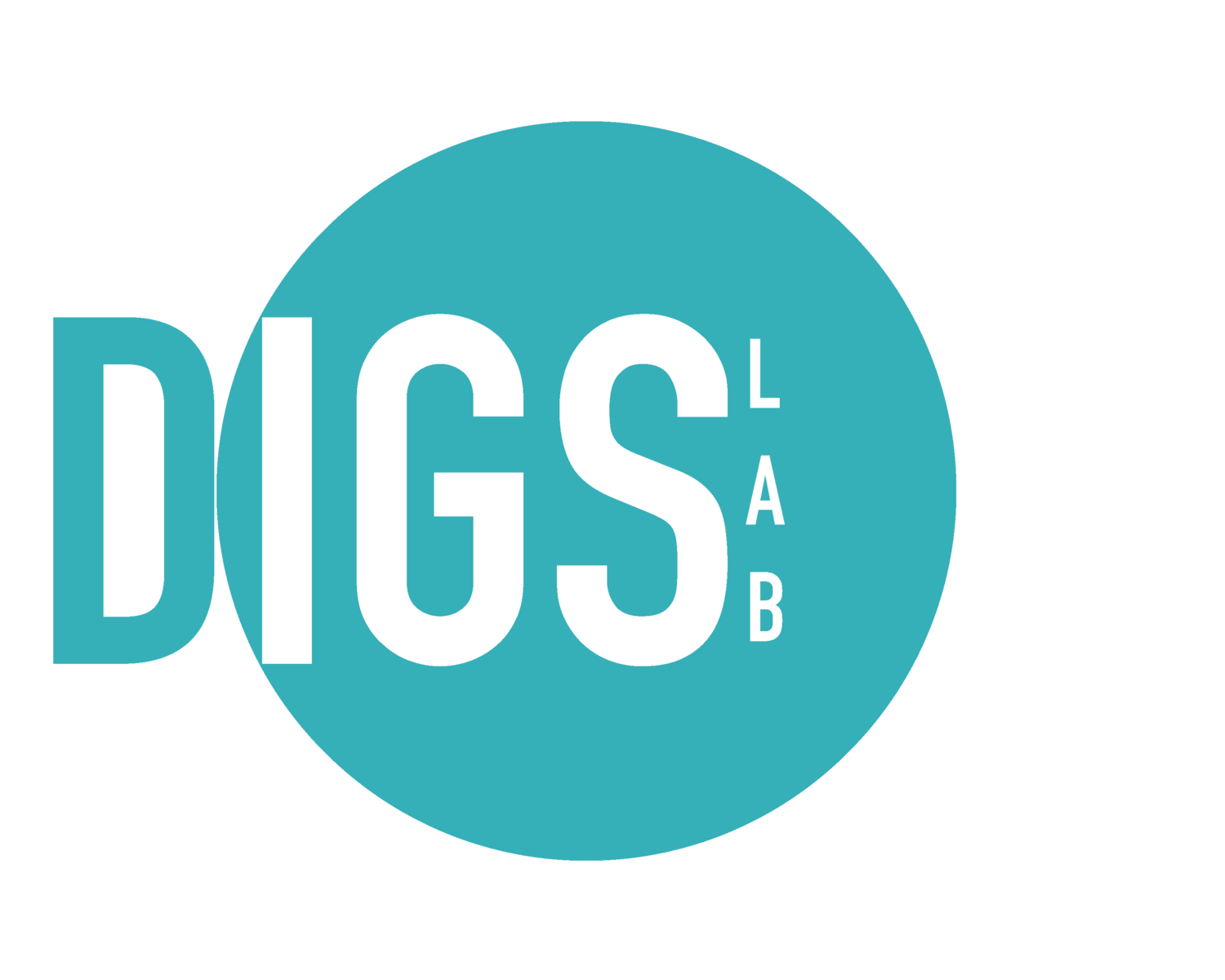Image generated via ChatGPT with the prompt “Create an image for a research grant about AI and dating apps. I have in mind the image of a robot or another type of humanoid technology interacting with a human through a dating app.”
Safety, wellbeing, and intimacy: Exploring the opportunities and risks of dating apps' AI features through participatory workshops
Research funded by the Social Sciences and Humanities Research Council
Principal Investigator: Christopher Dietzel, Concordia University
Co-Applicants: Stefanie Duguay, Concordia University; David Myles, Institut national de la recherche scientifique; Skyler Wang, McGill University
For many years, artificial intelligence (AI) has been embedded in the backend operations of dating apps. Now, dating app companies are adopting more front-facing, user-centric AI features to personalize and optimize the dating experience. For example, some app companies are developing AI features that can offer relationship advice, comfort users when they are lonely, and give safety and wellbeing tips. Several companies are also launching AI chatbots that users can employ to chat, flirt, and go on virtual dates with other AI chatbots—and some people are even falling in love with their AI chatbots. It is unclear whether these AI features represent the newest iteration of dating advancements or present greater challenges to users’ safety, wellbeing, and intimacy. Research is urgently needed to critically examine the complexities of AI features in dating apps and their implications, especially among users with marginalized identities. Grounded in an exploratory, inquiry-based approach, this project will harness the lived experiences of dating app users with marginalized identities (i.e., LGBTQ+, BIPOC, neurodivergent) to investigate the opportunities and risks of emerging AI features, especially in terms of safety and wellbeing.
The project has three objectives:
Identifying the AI features being implemented by dating app companies.
Exploring potential opportunities and risks that AI presents to dating app users, especially those with marginalized identities.
Developing resources and recommendations that promote the safety and wellbeing of dating app users.
This will be achieved through digital and participatory research methods that address two focal questions:
How are emerging AI features in dating apps impacting users, especially users with marginalized identities?
How can individuals and institutions promote the safety and wellbeing of dating app users?
In Phase 1, the app walkthrough method will be applied to systematically map and analyze the AI features being integrated into dating apps, uncovering emerging issues with AI in dating apps.
In Phase 2, six participatory research workshops will be held with 6–8 dating app users with marginalized identities (i.e., LGBTQ+, BIPOC, neurodivergent) to investigate the opportunities and risks of AI features and their impacts on users’ safety and wellbeing. Participants will also be invited to generate tips for utilizing AI features and to imagine the future of AI in dating apps. Data will be thematically analyzed to understand how AI features affect marginalized users and how users can promote their safety and wellbeing.
In Phase 3, bilingual resources and recommendations will be co-developed in partnership with community organizations. Project outputs will synthesize findings, outline user strategies, and provide information for how users, especially marginalized users, can promote their safety and wellbeing when utilizing AI in dating apps.
This project will make significant scholarly contributions in the fields of digital media studies and gender/sexuality studies. It will deepen our understanding of how AI shapes human connection and intimacy within shifting socio-technological circumstances, and it will spark critical conversations about the role of technology in our personal lives. The project will also yield wider social benefits through the creation of tailored resources and recommendations for community organizations and dating app users, offering strategies that can promote people’s safety and wellbeing. LGBTQ+, BIPOC, and neurodivergent people will benefit from project outputs and more effective support provided by community partners. Findings will also catalyze future research for further examination of AI in dating apps.


